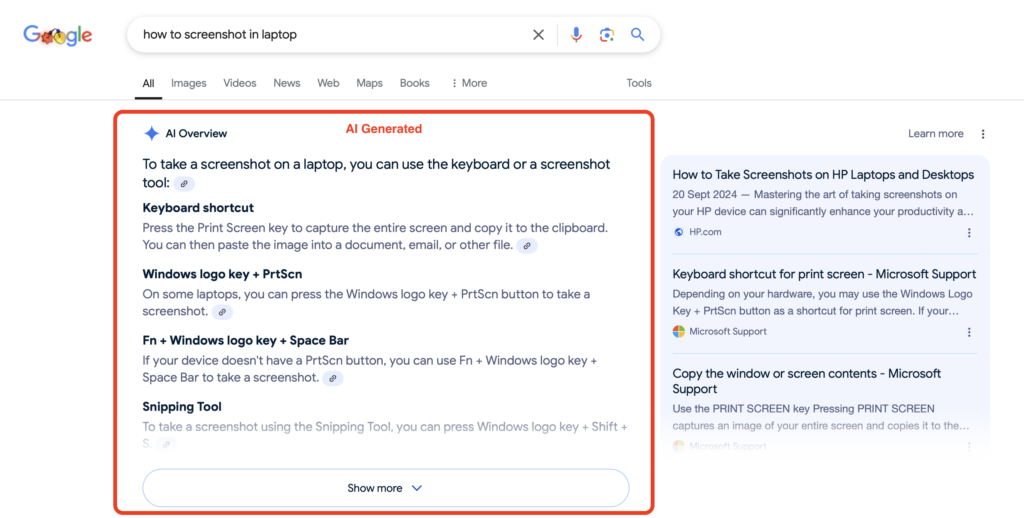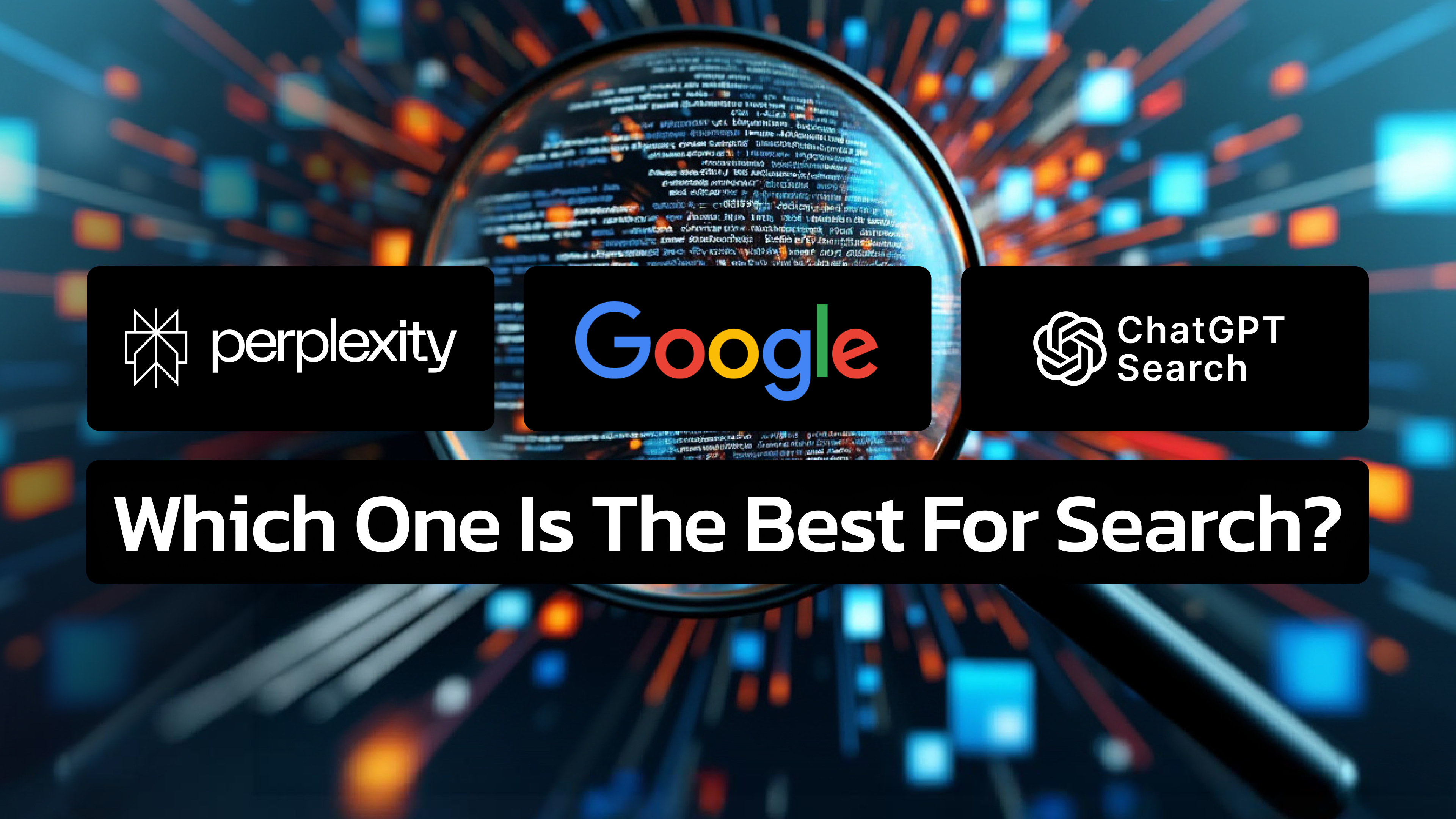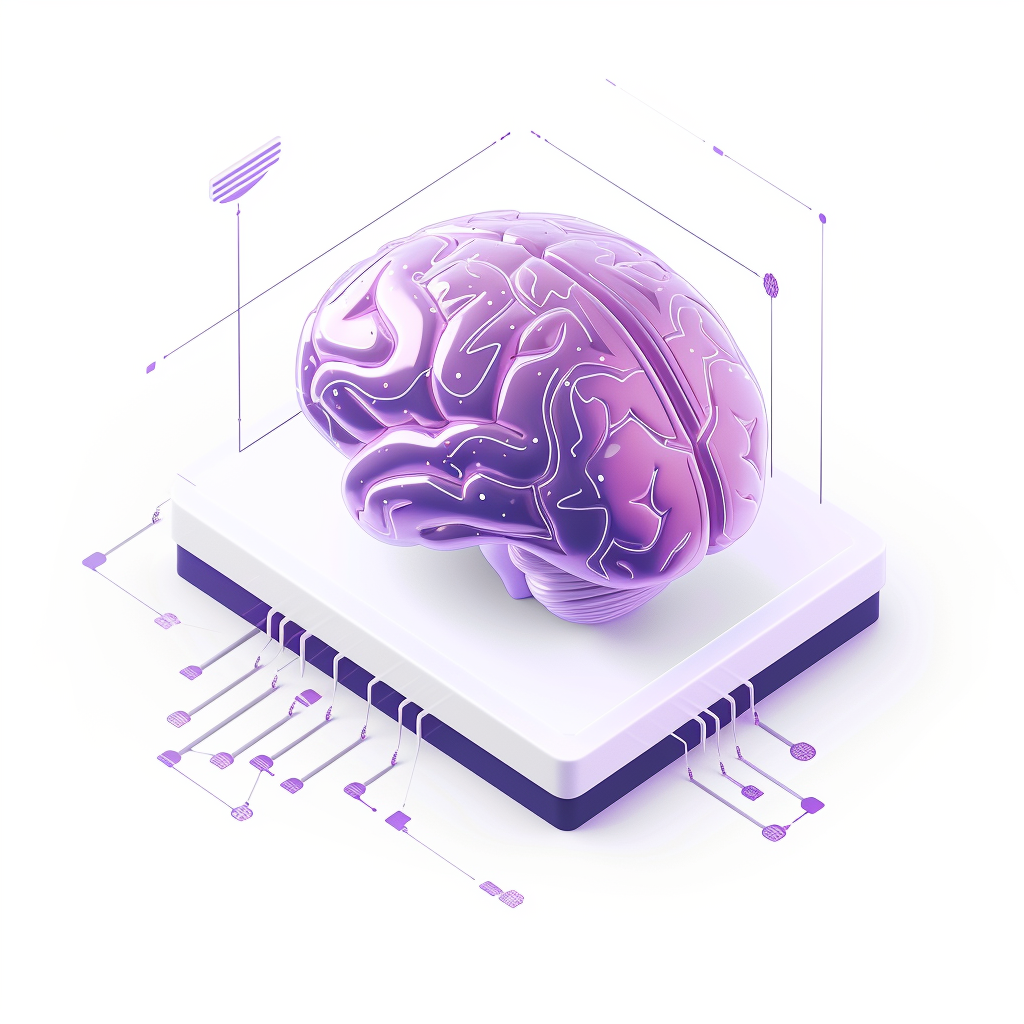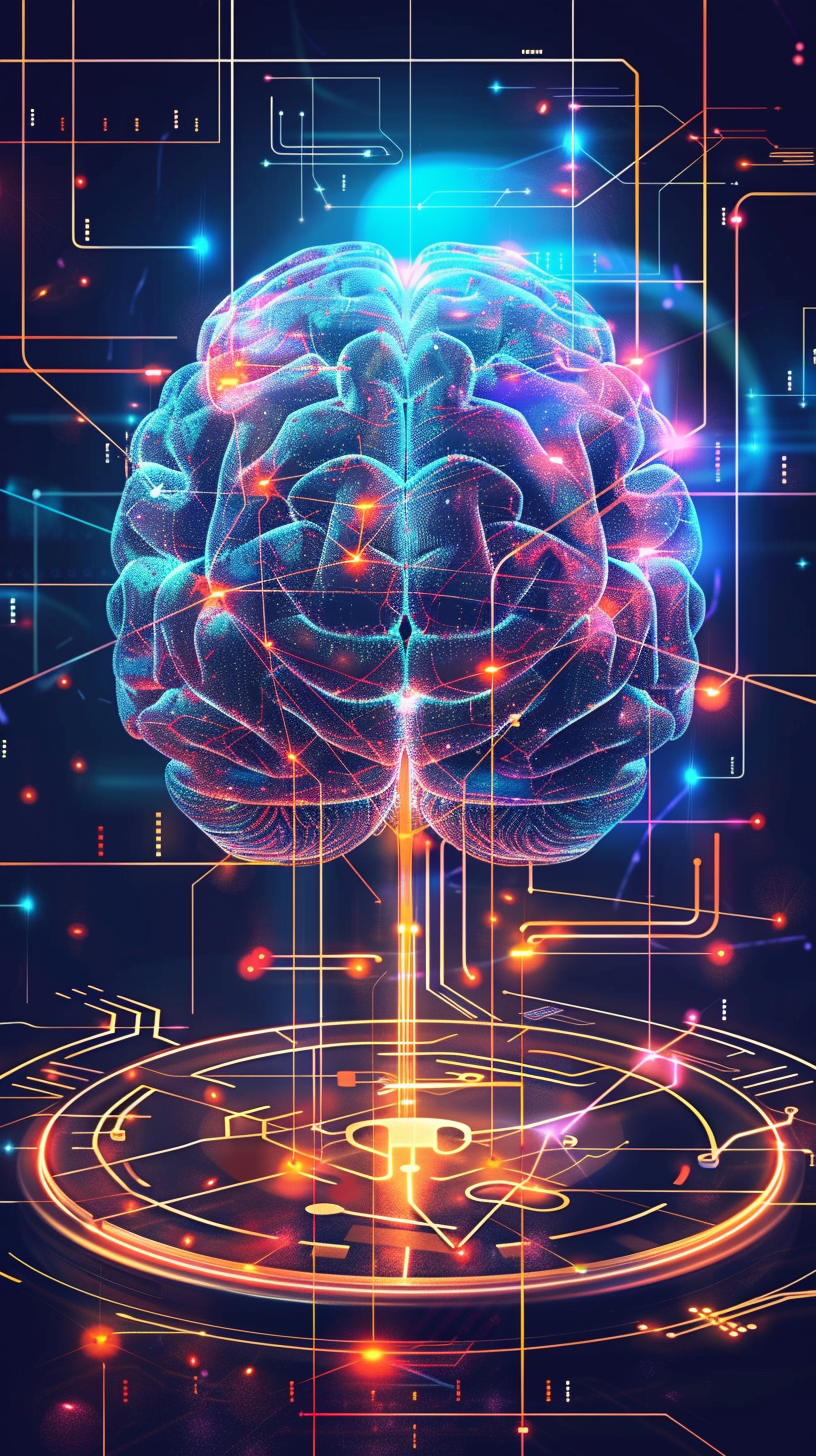Over the years, search engine landscapes have significantly transformed, evolving from simple keyword-based queries to sophisticated AI-driven platforms that enhance user experience.
In the early days of the internet, search engines like Yahoo! and AltaVista provided basic functionalities, allowing users to search for information using keywords. These early platforms relied heavily on manual indexing, which limited their ability to deliver relevant results quickly.
How we went from queries to chat
As the internet expanded, the need for more efficient search capabilities became apparent, leading to the emergence of Google in 1998. Google revolutionized search with its PageRank algorithm, which ranked web pages based on their relevance and authority, making it easier for users to find accurate information.
As technology advanced, so did search engines’ capabilities. The introduction of machine learning a natural language processing allowed for a more nuanced understanding of user queries.
This shift paved the way for conversational AI tools like ChatGPT and Perplexity, which offer more interactive and personalized experiences. These platforms leverage deep learning models to understand the context and provide direct answers, moving beyond traditional link-based searches.
The integration of AI into search technologies has further transformed how we access information. Google now employs advanced AI algorithms to enhance its search capabilities, improving accuracy and relevance while also providing features like voice search and personalized recommendations.
This evolution is leaning toward a trend of making information more accessible and tailored to individual user needs. Imagine a search personalized for you, a summarized and concise answer, spending less time searching and getting exactly what you need quickly.
Recently, OpenAI has launched a new feature called ChatGPT Search, which allows users to conduct web searches directly within the ChatGPT interface.
Perplexity is also a prominent tool available today. Each platform offers unique features and capabilities, catering to different user needs and preferences. This article provides a detailed comparison of ChatGPT Search, Perplexity, and Google, highlighting their strengths and limitations.
1. ChatGPT Search
ChatGPT Search is an AI-powered feature integrated into OpenAI’s ChatGPT that enables users to conduct web searches directly through the chat interface.
The feature was officially announced on October 31, 2024. It allows users to type queries into a text box and either manually initiate a search or automatically allow the AI to fetch relevant information from the web when appropriate.
Initially, the feature was only available to ChatGPT Plus and Team users and those on the SearchGPT waitlist, but OpenAI plans to roll out access to all free users over the coming months.
As of Q3 2024, ChatGPT had over 100 million monthly active users.
Strengths
- Timely Answers with Source Links: ChatGPT Search provides immediate responses along with links to relevant web sources, allowing users to verify information easily.
- Conversational Interface: The integration of conversational AI allows users to engage naturally with the tool, asking follow-up questions and refining their queries based on initial responses.
Limitations
- Initial Lack of Citations: While ChatGPT Search provides links to sources, it may not always cite them directly in its responses, which some users find unreliable for research.
- Limited Contextual Memory: Currently, each new search starts without memory of past interactions unless explicitly referenced by the user.
Technical Capabilities
- It utilizes a modified version of GPT-4o that has been fine-tuned for real-time data retrieval.
- Integrates with third-party search engines (like Bing) to fetch current data.
- It is capable of generating natural language responses based on user queries while incorporating multimedia elements when relevant.
2. Perplexity
Perplexity is an innovative conversational AI search engine that merges generative responses with verifiable sources. Developed by Perplexity AI, Inc., based in San Francisco, California, it aims to provide users with accurate information while maintaining a user-friendly interface conducive to natural language queries.
The AI tool was released in December 2022. It generates answers using web sources and cites links within the text response. The platform operates on a freemium model; the free version utilizes the company’s standalone LLM based on GPT-3.5 with browsing capabilities, while the paid version, Perplexity Pro, grants access to GPT-4 and other advanced models.
As of Q3 2024, Perplexity had over 10 million monthly active users.
Strengths
- Immediate Answers with Credible Sources: Perplexity excels at delivering concise answers with links to reputable sources. Users love this feature because it allows them to verify the information easily.
- User-Friendly Interface: The platform is designed for seamless interaction. It enables users to type questions in everyday language and receive coherent responses, making it accessible to individuals unfamiliar with technical jargon.
Limitations
- Less Effective for Creative Tasks: While Perplexity is adept at providing factual information, it may not be as proficient as ChatGPT in generating creative content or engaging in open-ended discussions.
- Response Times Can Be Slower: Because it focuses on verifying sources before presenting answers, Perplexity might take longer to respond than other tools that prioritize speed over source validation.
Technical Capabilities
- It employs machine learning algorithms to generate responses based on real-time data retrieval.
- Integrates web scraping techniques to gather information from various credible sources.
- It also utilizes context-aware processing to understand user intent better and provide relevant answers.
3. Google
Google remains the most widely used search engine globally. It is known for its extensive indexing capabilities and real-time updates. It provides users with various information in various formats, including text, images, videos, and maps.
Strengths
- Comprehensive Coverage of Topics: Google’s vast database allows it to cover nearly every conceivable topic, making it an invaluable resource for detailed research across multiple disciplines.
- Continual Updates: The platform’s algorithms are constantly updated to reflect current events and trends, ensuring users can access the latest information available online.
Limitations
- Information Overload: With millions of results generated for even simple queries, users may feel overwhelmed by the volume of information presented. This can make it challenging to find relevant content quickly.
- Less Personalized Interaction: Google primarily relies on keyword-based searches rather than conversational interactions, which can lead to a less engaging user experience compared to AI-driven tools.
Technical Capabilities
- It utilizes sophisticated algorithms (like PageRank) for indexing and ranking web pages based on relevance.
- It employs machine learning techniques to improve search result accuracy over time.
- Integrates AI technologies such as BERT (Bidirectional Encoder Representations from Transformers) to better understand the context of user queries.
Overall Best Tool
Among the three platforms discussed—ChatGPT Search, Perplexity, and Google—the overall best tool depends on the user’s specific needs:
- For quick answers and engaging conversations, ChatGPT Search stands out due to its natural language processing capabilities combined with real-time web access.
- For reliable information with source verification, Perplexity excels by providing immediate answers and credible citations.
- For comprehensive research across diverse topics, Google remains unparalleled due to its extensive indexing and real-time updates.
Best for Specific Use Cases
- Best for Creative Tasks: ChatGPT is ideal for generating ideas or engaging in creative writing because it can produce human-like text based on prompts.
- Best for Academic Research: Perplexity is preferable when accurate citations are essential since it provides answers backed by credible sources.
- Best for General Information Retrieval: Google is unmatched when it comes to retrieving vast amounts of information on any topic quickly and efficiently.
Therefore, use ChatGPT Search for creative tasks like brainstorming ideas or generating content. Opt for perplexity when you need concise summaries backed by credible references. On the other hand, choose Google for comprehensive research projects requiring extensive data across various formats.
Step-by-Step Guide: Using ChatGPT Search & Perplexity
Using ChatGPT Search
1. Accessing the Platform: Navigate to chatgpt.com or use the desktop or mobile app to which you have access as a Plus or Team user.
2. Entering Your Query: Type your question or topic in natural language into the text box provided.
3. Initiating a Search: Click the blue search button below your query or allow ChatGPT Search to fetch relevant information automatically based on your question.
4. Reviewing Responses: Analyze the answer provided and links to credible sources related to your query.
5. Engaging Further: Ask follow-up questions or clarify your request based on initial responses; this will help tailor subsequent answers more closely aligned with your needs.
Using Perplexity
1. Accessing Perplexity: Visit the official Perplexity website or app to access its search functionality.
2. Inputting Your Query: Enter your question using clear language; you can phrase it like you would in conversation.
3. Reviewing Answers: Analyze Perplexity’s answer and the links provided at the bottom that lead to credible sources supporting the response.
4. Exploring Sources: Click on relevant links to explore specific aspects mentioned in your answer.
Another option is to use Perplexity FelloAI, an all-in-one AI platform that can switch to various other models.
Using Perplexity on Fello AI
1. Download and Install Fello AI: Download Fello AI from the Mac App Store. It will automatically install on your Mac.
2. Open Fello AI: Launch the Fello AI application. No login is required to start using the app.
3. Select Perplexity Online: In the app, choose “Perplexity Online” from the list of available AI models.
4. Start Chatting: Begin entering your queries in natural language. Perplexity will provide answers backed by clear, clickable citations for easy verification.
5. Utilize Features: Use Perplexity’s conversational capabilities to refine your queries and ask follow-up questions for more detailed responses.
6. Switch Models if Needed: If you require additional functionalities, you can switch to other models available in Fello AI for tasks such as document analysis or writing assistance.
FAQ
1. What is ChatGPT Search?
ChatGPT Search is an integrated feature within OpenAI’s ChatGPT that allows users to perform web searches directly through a conversational interface.
2. When was ChatGPT Search released?
ChatGPT Search was officially announced on October 31, 2024.
3. What is Perplexity?
Perplexity is a conversational AI search engine that combines generative responses with verifiable sources to provide accurate information through natural language queries.
4. When was Perplexity launched?
Perplexity released its flagship search engine in December 2022 after being founded in August of that year.
5. How does Google use AI?
Google has been employing advanced AI algorithms such as BERT (Bidirectional Encoder Representations from Transformers) before the existence of recent tools, and most recently, Google has also been using Gemini AI to enhance search by providing a summary before search results.

6. Which tool is best for academic research?
Perplexity is often preferred for academic research because it provides concise answers backed by credible citations.
Final Thoughts
To wrap it up, each tool—ChatGPT Search, Perplexity, and Google—offers distinct advantages tailored to different user needs. ChatGPT Search excels in providing quick and engaging answers while integrating real-time web searches; Perplexity combines immediate responses with verifiable sources but may not be as creative; and Google remains unmatched in comprehensive searches but can overwhelm users with information overload.
As AI technology evolves, these platforms will likely adapt further, enhancing how we access and interact with information online. Users are encouraged to explore each tool based on their specific requirements and preferences to maximize their search experience.







